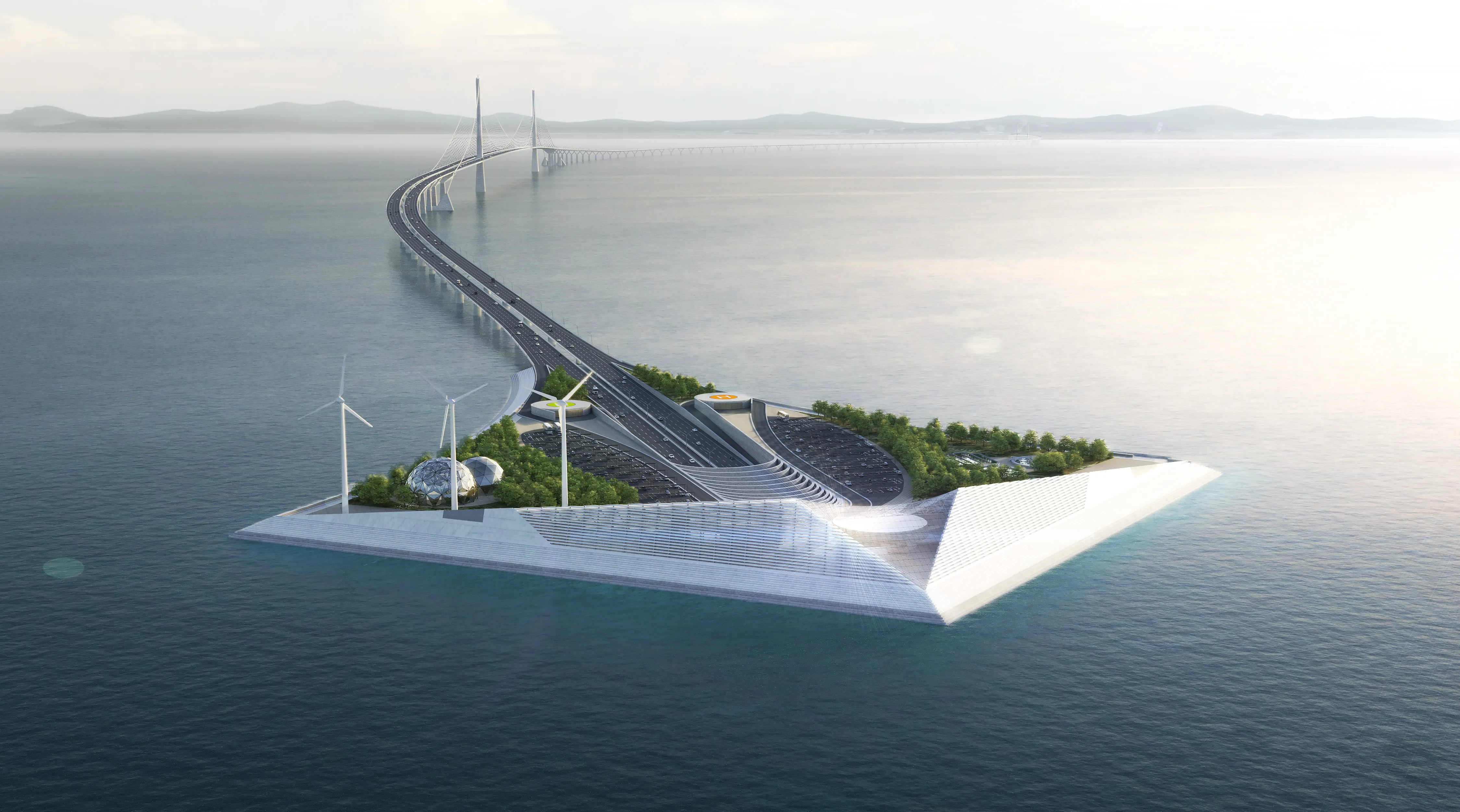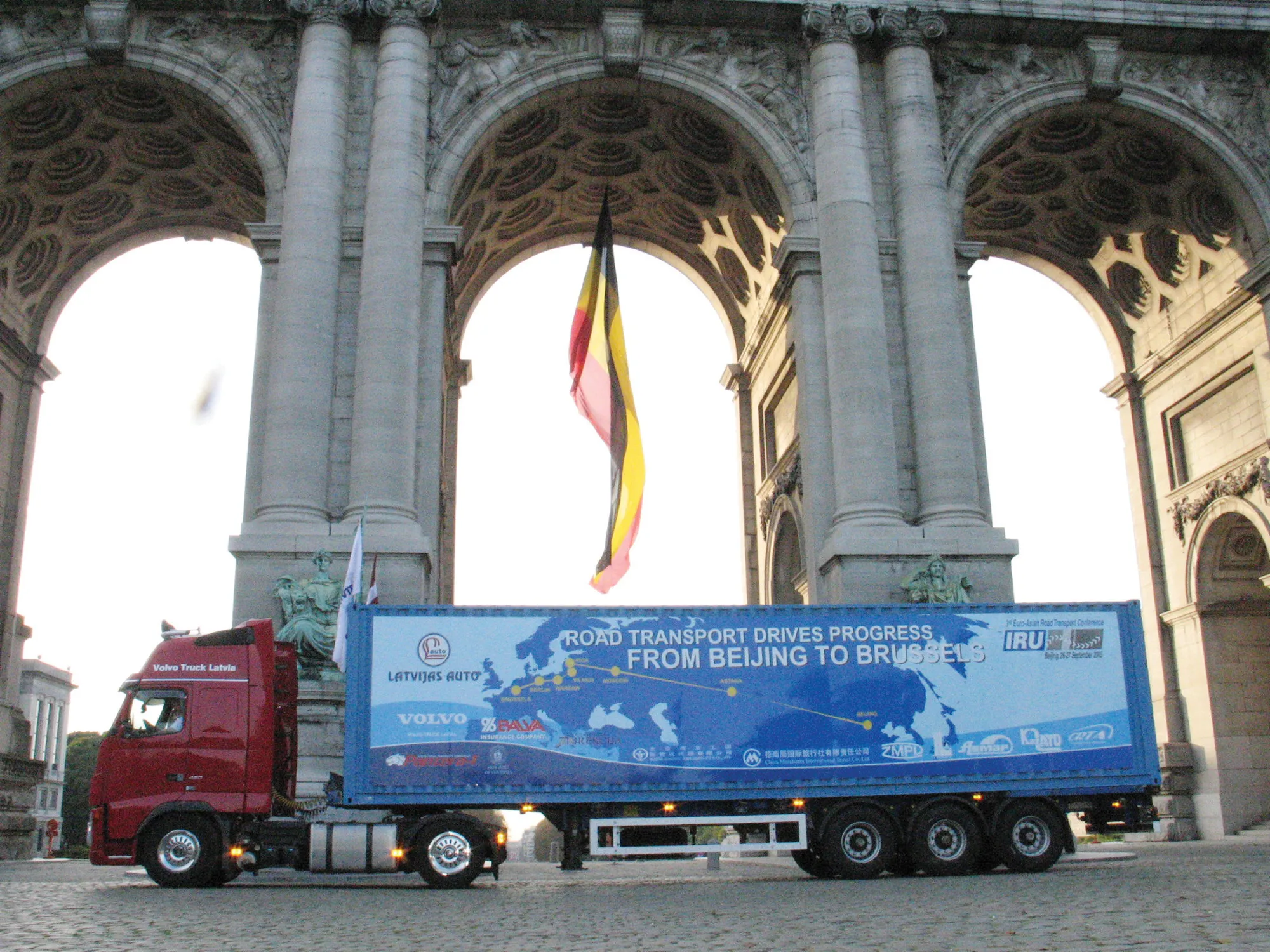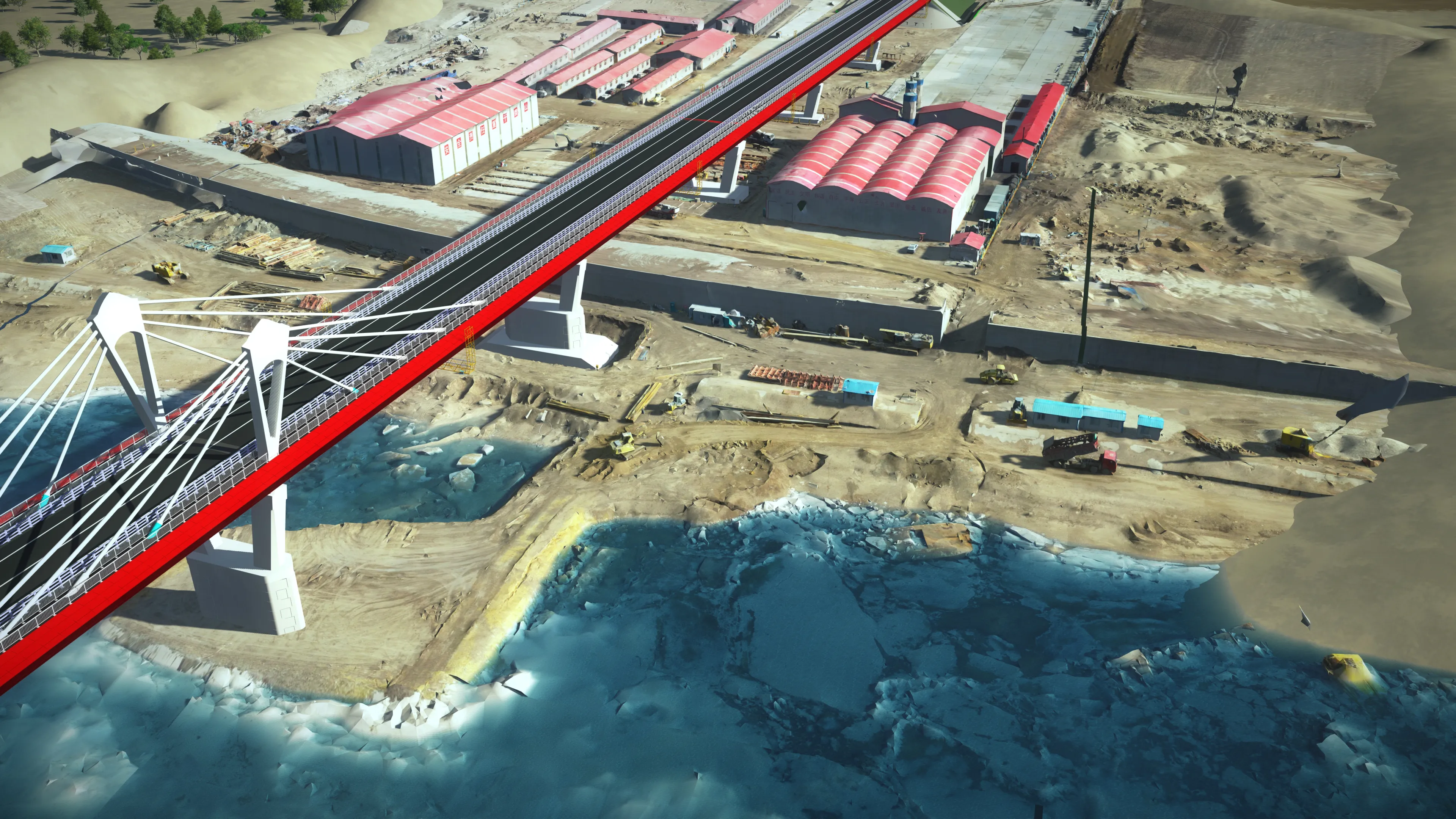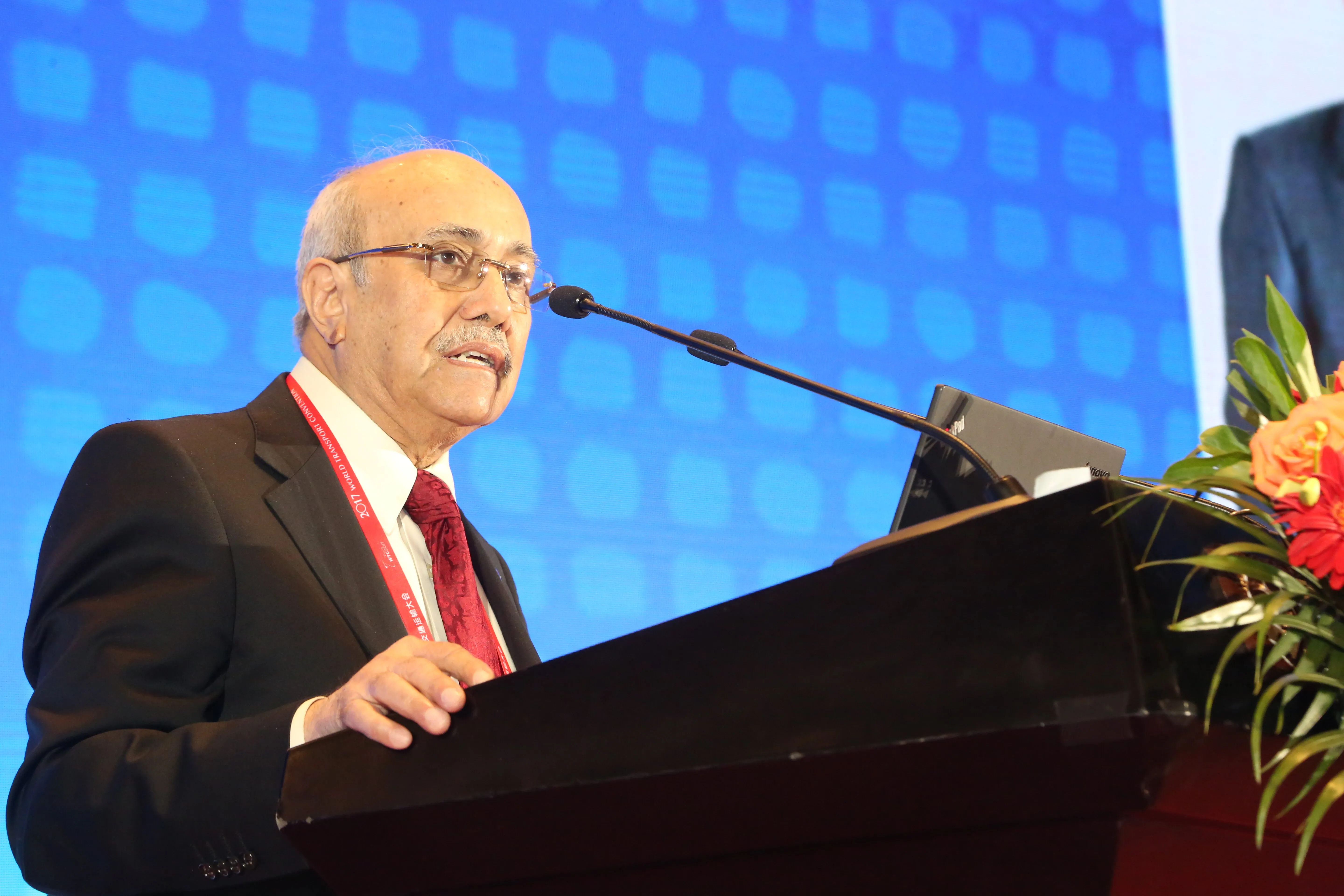
China plans to set up an “international court” for settling disputes among companies participating in Belt and Road transportation infrastructure work, according to Chinese media.
The Global Time newspaper – with strong links to the communist government – reported that Chinese companies are facing more foreign-related lawsuits as they step up investment and business in countries covered by Beijing’s Belt and Road Initiative.
The report called Belt and Road “a brainchild of Xi”, referring to Xi Jinping, president of China and head of the Communist Party of China, the country’s government since the 1949 revolution.
Belt and Road, also known as The Silk Road Economic Belt and the 21st-century Maritime Silk Road, is a plan to build land and sea routes to and from China across Asia to Europe to facilitate trade. It was proposed Xi in 2013.
The so-called New Silk Road focuses mainly on infrastructure investment, construction materials, railway and highway, automobile, real estate, power grid and iron and steel.
The majority of projects are outside China but many internal projects are part of the strategy to improve logistics for the movement of goods internationally under the Belt and Road Initiative. Internal Chinese projects include the Hong Kong-Zhuhai-Macao bridge tunnel complex now under construction and the proposed ShenZhong Link between Shenzhen and Zhongshan cities.
Last May, the Chinese government hosted a two-day summit in Beijing attended by 1,500 delegates from 130 countries, including 29 heads of state and government. Russian president Vladimir Putin and Philippine president Rodrigo Duterte were among the attendees. However, there were few European Union leaders or their representatives, according to a report in The Times newspaper in London.
The Times quoted Nick Marro, China analyst for the UK-based think tank Economist Intelligence Unit, voicing concern over financing for Belt and Road projects. “Major concerns remain regarding the transparency of how China is financing these projects and the extent to which China is able to manage security risks in [Belt and Road] countries,” he said.
The Times also reported on the size of the investments for infrastructure that could affect around 65% of the world’s population. China’s trade with countries across Asia and Southeast Asia exceeds US$1.4 trillion. But Beijing’s territorial disputes – mostly involving islands - in the South and East China Seas have fed suspicions that Belt and Road is a way for China to politically and economically effect countries that would agree to Chinese infrastructure investment.
The report of a so-called international court in China to settle disputes deriving from Belt and Road initiatives could be a way to dispel fears of undue Chinese influence. The Global Report noted that a prosed Belt and Road dispute settlement mechanism “is aimed at protecting both Chinese and foreign parties’ legal rights and interests and creating a stable, fair, transparent business environment with rule of law”.
The court would be based in Beijing and be comprised of three international commercial courts set up by the Supreme People’s Court in the cities of Xi’an, Shenzhen and Beijing.
The Global Report said that official data showed Chinese investment in 59 countries covered by the Belt and Road initiative totalled $14.4 billion in 2017, roughly the same as the previous year but down from the record $18.5 billion in 2015.









